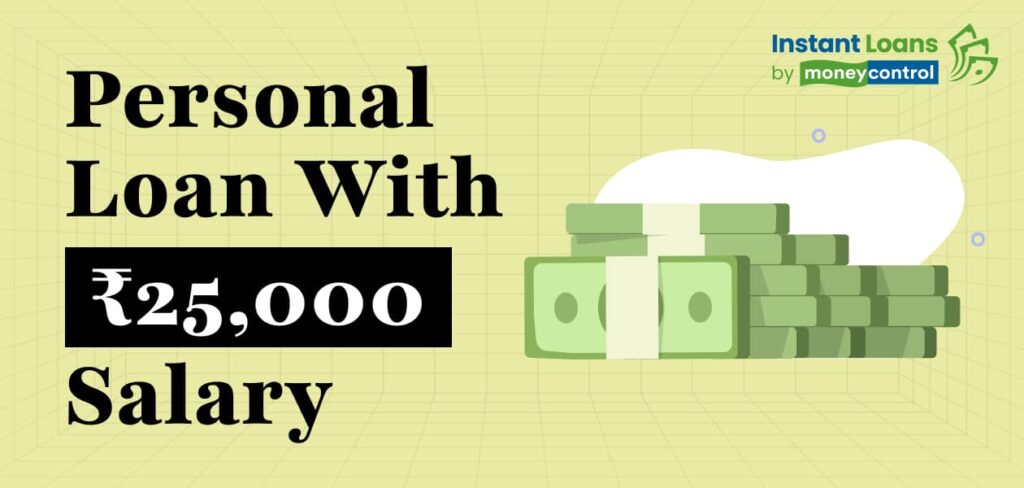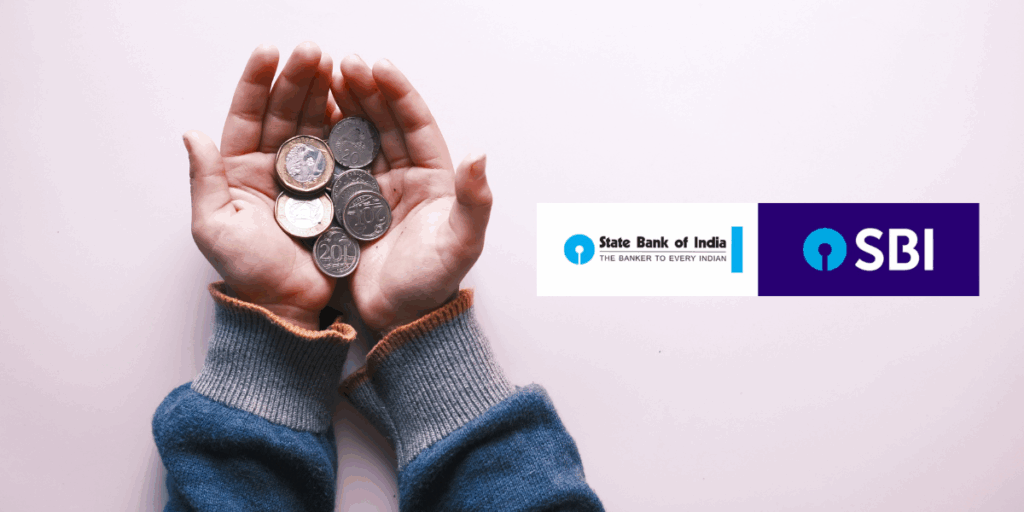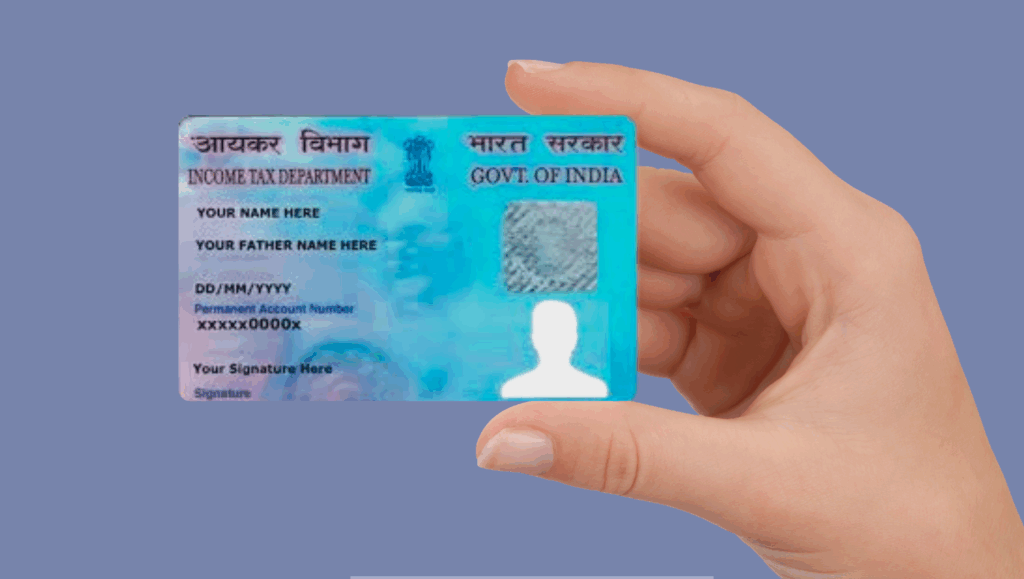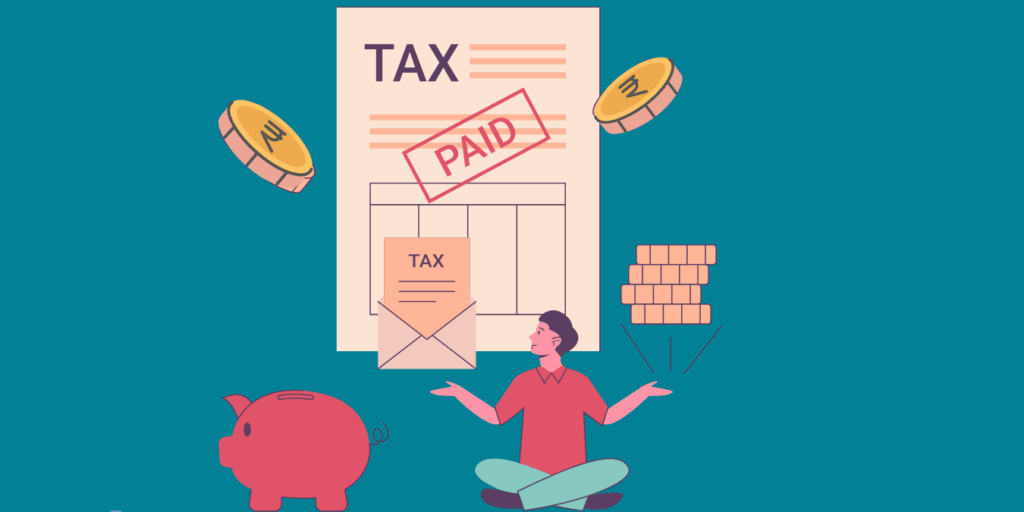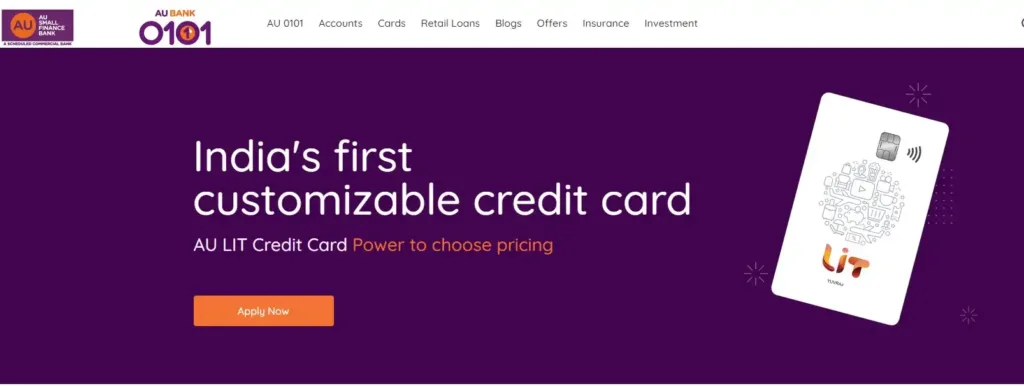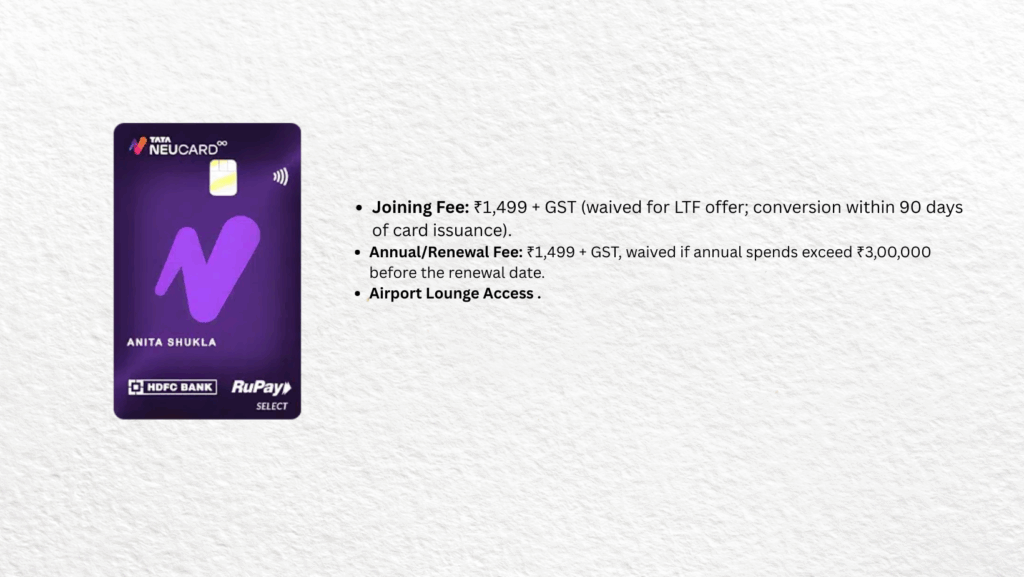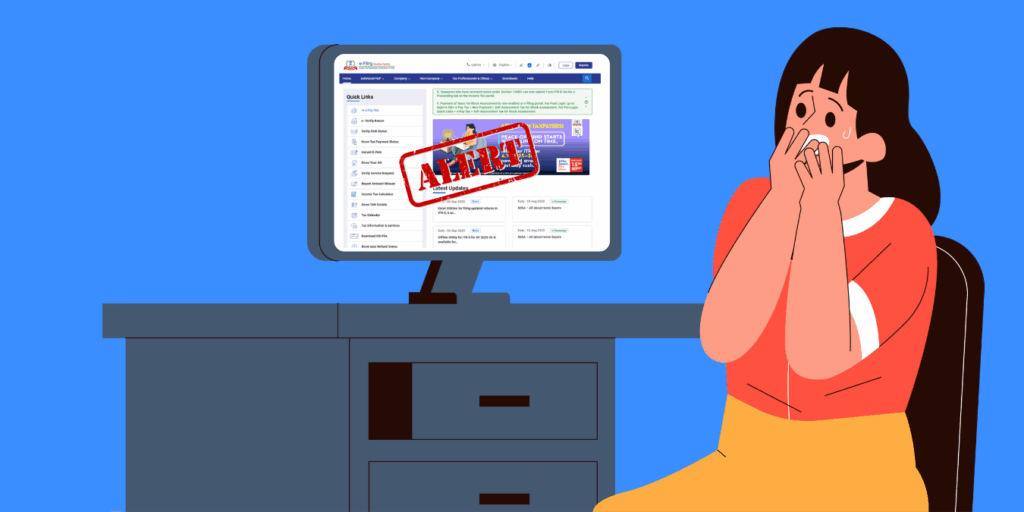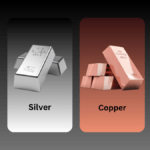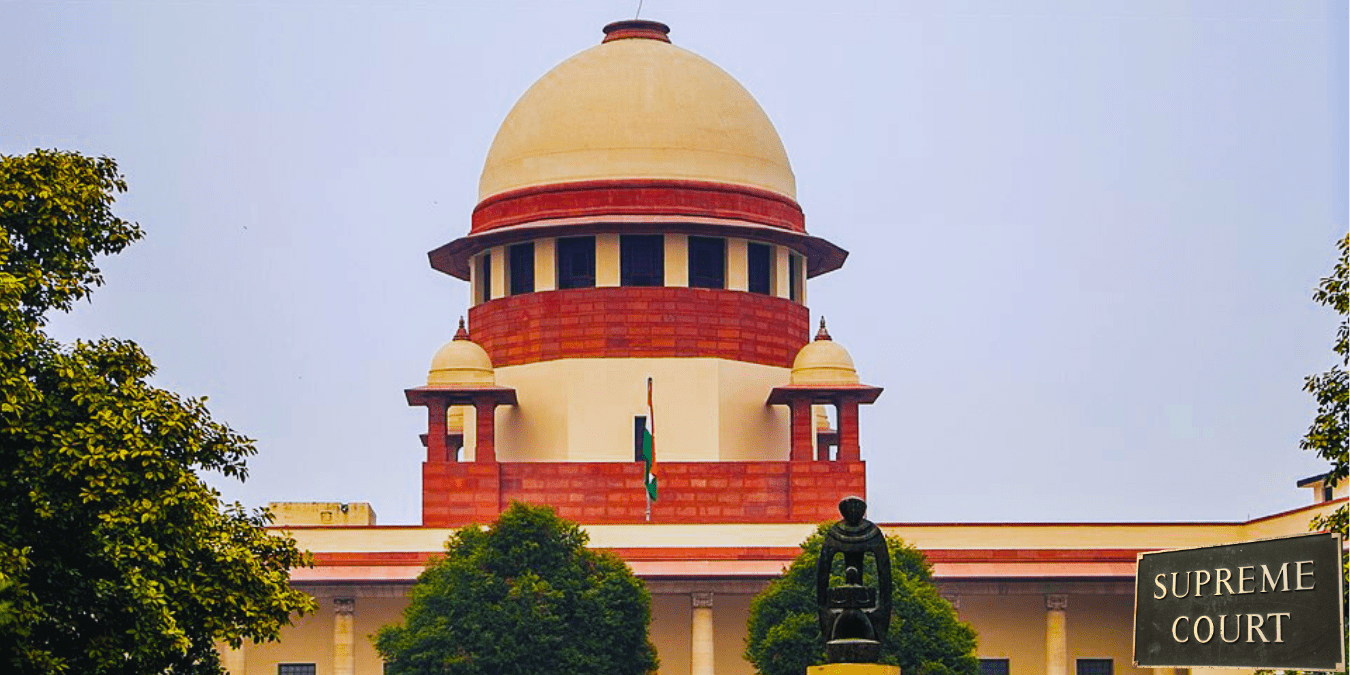
Why Delay Is No Longer an Option: Supreme Court’s Emphasis on Interim Compensation under Section 143A
The Supreme Court’s move in 2025 is changing the game for cheque bounce victims: early interim compensation under Section 143A. Why are courts now insisting accused pay fast, and how could this secret legal provision unlock money for complainants before trials end? Rising costs and legal delays make this urgently relevant—but many miss a crucial detail that could save thousands. Don’t miss out on the quick legal insights every accused and complainant needs to know today—unlock the future of fast financial justice now!
Imagine being a complainant waiting months or years for justice, while financial losses loom large. The Supreme Court’s fresh emphasis on Section 143A of the Negotiable Instruments Act (NIA) is a smart legal move aimed at a hidden problem: undue delays in compensation when cheques bounce. This provision allows courts to order interim compensation, a partial upfront payment from the accused to the complainant even while the trial is ongoing.
This shift brings hope of quick relief for victims of cheque dishonour cases in India, underlining the court’s intent to make justice not only fair but also fast and effective. But how does this work in practice and why does the timing of deposit payments matter so much? Keep reading for current, insightful analysis grounded in the latest Supreme Court rulings this October 2025.
What is Section 143A? The Quick Lowdown
Section 143A was inserted into the Negotiable Instruments Act in 2018 to tackle the problem of slow justice. Here are the key points in simple terms:
- Courts can order interim compensation up to 20% of the cheque amount during the pendency of the trial.
- The accused must deposit this sum within 60 days of the court’s order.
- Failure to pay allows courts to attach and sell the accused’s property to recover the amount.
- If the accused is acquitted, the complainant must refund the interim compensation with interest.
This law essentially acts as a quick financial relief mechanism, so complainants don’t have to wait for prolonged trials before receiving any compensation. The accused can still defend themselves, but partial compensation happens early to alleviate complainant distress.
Why is the Supreme Court Insisting on Early Deposits?
In recent rulings—including a landmark judgment in September 2025—the Supreme Court has pushed hard for early deposit payments. Here are the core reasons:
- Preventing undue hardship to complainants: Victims of bounced cheques often face serious financial consequences. Interim compensation ensures they get at least part of the amount quickly.
- Reducing delays in justice: Court processes can be slow. Interim payments under Section 143A act as a stop-gap, making the process less painful.
- Striking a balance between rights: While it respects the accused’s right to defend, the court takes a future-savvy stance by securing funds early to discourage frivolous defences designed to delay payment.
- Strong recovery mechanisms: The Supreme Court has reinforced that courts can use attachment and sale of accused’s property to enforce interim payments if ignored.
Recent high-profile cheque bounce cases citing 143A
Recent high-profile cheque bounce cases citing Section 143A of the Negotiable Instruments Act in 2025 include several landmark Supreme Court rulings that have clarified and emphasized the discretionary power of courts to order interim compensation to complainants.
One notable case is the Supreme Court’s decision in Sanjabij Tari v. Kishore S. Borcar (2025 INSC 1158), delivered in September 2025. This case is regarded as a landmark in cheque dishonour jurisprudence, where the Court laid down systemic guidelines to streamline cheque bounce cases. The ruling emphasized the importance of early compensation and efficient enforcement mechanisms, including use of electronic summons and online payment options to facilitate early deposits by accused persons under Section 143A.
Another significant case is Kaveri Plastics vs. Mahdoom Bawa Bahrudeen Noorul (September 19, 2025), where the Supreme Court further reinforced the principles around interim compensation. The Court provided clarity on the discretion courts have in awarding interim payments and stressed timely payment to provide quick relief to complainants during the pendency of trials.
In addition, reports from mid-2025 mention a Jharkhand High Court case where interim compensation ordered under Section 143A (amounting to 20% of the cheque value) was upheld by the Sessions Court and subsequently by the High Court, emphasizing the judiciary’s support for early partial compensation after assessing prima facie merits.
Across these cases, the Supreme Court has stressed that ordering interim compensation under Section 143A is discretionary and depends on factors such as the strength of the complainant’s prima facie case and financial status of the accused. The Court also warned against premature orders for compensation before the accused pleads not guilty, reiterating proper procedural safeguards.
Overall, these high-profile cases in 2025 underscore the Supreme Court’s proactive stance in encouraging early deposit payments by accused persons to complainants under Section 143A, aiming to expedite compensation and reduce hardship caused by delayed justice in cheque bounce disputes.
How Does This Fit with Trial Procedures? A Smart Legal Design
Let’s break down how Section 143A complements other legal provisions:
| Aspect | Section 143 (General Trial Rules) | Section 143A (Interim Compensation) |
| Objective | Quick adjudication and summary disposal of cheque dishonour trials | Timely interim financial relief to complainant during trial |
| Nature | Governs trial conduct and timelines | Discretionary order for interim compensation |
| Time Limit | Trial to be completed within six months | Compensation payment due within 60 days of court order |
| Enforcement | Limited adjournments with valid cause | Strong recovery powers—attachment and sale of property for non-payment |
| Refundable | Not applicable | If accused acquitted, complainant must refund interim compensation |
This design balances speedy justice with fairness, providing a hidden secret to faster and effective cheque dishonour resolution.
Factors Courts Consider When Granting Interim Compensation
The Supreme Court has clarified important factors courts should consider:
- Prima facie merit: The complainant must show a prima facie case; mere presumption under Section 139 is not sufficient.
- Defence plausibility: If accused’s defence is plausibly strong, courts may deny or reduce interim compensation.
- Financial status: Courts assess accused’s paying capacity to avoid undue hardship.
- Nature of relationship: Any prior relationship between accused and complainant can be relevant.
This ensures a balanced and quick yet fair approach, avoiding misuse while accelerating justice.
How Does Early Deposit Affect Complainants?
- Quick financial relief: Complainants get money during trial, helping to manage immediate losses.
- Psychological relief: Knowing the accused has to pay early reduces stress and perceived injustice.
- Better bargaining power: Early interim compensation can facilitate quicker settlements or compounding.
What Happens If the Accused Does Not Pay?
Non-payment carries serious consequences:
- Courts can issue warrants for attachment and sale of accused’s movable and immovable property.
- Amount may be recovered as arrears of land revenue.
- Non-payment does not wipe out accused’s right to defend but compounds risk later.
This creates a strong deterrent against delay tactics.
Recent Supreme Court Directions for Trial Courts (October 2025)
- Trial courts are urged to use the power under Section 143A to enforce early deposits as soon as possible.
- Courts should require complainants to provide bank account details and email for prompt deposit transfer.
- Realistic assessment of interim quantum must be done, balancing victim welfare and accused’s condition.
- Courts must record clear reasons when denying interim compensation.
Such procedural clarity is promising a future where cheque dishonour cases lose their slow, tedious nature.
Practical Tips for Complainants and Accused
For Complainants:
- File your complaint with supporting prima facie evidence.
- Proactively request interim compensation under Section 143A.
- Provide your bank account details to facilitate faster interim deposits.
- Keep records of timelines and court orders.
For Accused:
- Don’t delay interim deposit payments once ordered.
- If genuine defence exists, make it clear early on.
- Utilize the legal framework to negotiate settlements early.
Key Takeaways
- The Supreme Court’s emphasis on early interim compensation payments under Section 143A is revolutionizing cheque bounce case relief.
- Interim compensation up to 20% of the cheque amount must be deposited promptly, ensuring victims are not left waiting.
- Courts consider multiple factors before ordering compensation to balance fairness and quick relief.
- Non-payment leads to strong recovery actions, including property attachment.
- Procedural directions now encourage courts to fast-track interim deposits with complainants’ bank details.
- This approach makes litigation more victim-friendly while protecting accused rights.
This quick, smart, and hidden mechanism is shaping a future where cheque dishonour justice is delivered not only justly but swiftly.
Final Thought:
The Supreme Court’s firm emphasis on interim compensation under Section 143A signals a transformative shift towards smart and effective justice in cheque bounce cases. By mandating early deposit payments by accused persons, the Court is not only addressing the financial distress of complainants but also reinforcing the credibility of the cheque as a vital financial instrument. This mechanism balances fairness for both parties while curbing abuse of legal processes through needless delays. For litigants and legal practitioners alike, understanding and leveraging this evolving judicial trend is crucial to ensure timely relief and smoother dispute resolution. As the judiciary continues to innovate with procedural clarity and stringent enforcement, the future of cheque bounce litigation looks faster, fairer, and more victim-friendly than ever before—truly a hidden legal secret being unlocked in 2025.

